You Will Need:
- Ice-cream
- 3 eggs Whites*
- 150g Caster sugar
- Base, you can use a sponge cake or a brownie.
- Bowl
- An electric whisk, or beater
- *Be aware that the final product does contain raw egg.
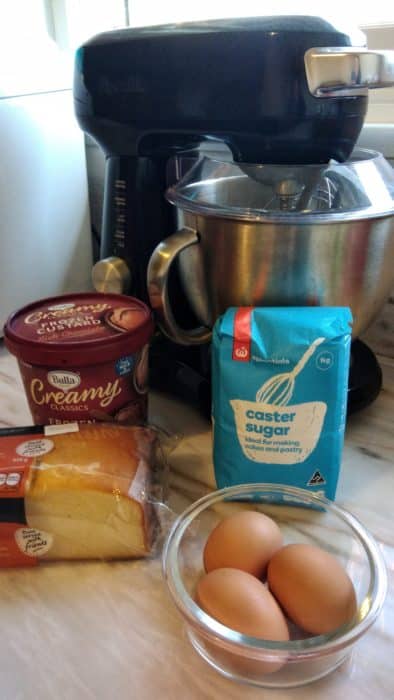
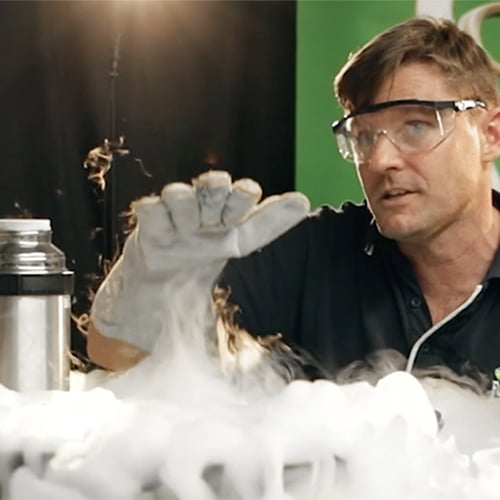
School science visits since 2004!
– Curriculum-linked & award-winning incursions.
– Over 40 primary & high school programs to choose from.
– Designed by experienced educators.
– Over 2 million students reached.
– Face to face incursions & online programs available.
– Early learning centre visits too!
Why Does This Happen?
The ice-cream didn’t melt! How is this possible?
Heat tends to move from hotter thing to cooler things.
Air is a great thermal insulator, meaning that it does not let heat pass through it easily. The meringue, that we have covered the ice-cream with, is made up of countless tiny air pockets and bubbles. These air pockets and bubbles block the heat of the oven from reaching the ice-cream, keeping it cold.
We use the same principle to help keep our houses nice and warm in the winter. Plastic foam, or fiberglass insulation, is often placed between the walls or in the ceiling to trap layers of air, preventing heat loss. So when the heater is running, or the fire is going, you stay nice and toasty.
Variable testing.
Turn this recipe into a variable testing science project! Here are some ideas:
- Is it the meringue that stops the ice-cream from melting? Try putting some ice-cream into the oven without the meringue. Do so in an oven-proof container next to the Baked Alaska and compare.
- Whipping time- Would the length of time you spend whipping the egg whites effect the insulating ability of the meringue? Try it!
- Amount of sugar- Try cooking the Baked Alaska with more or less sugar. Does this affect the structure of the foam and therefore how well it insulates heat?
- Heat source- Oven, grill, blow torch or microwave? Which method works, and which does not? Which produces the best product and why?
From liquid nitrogen shows to hot & cold workshops, we’ve got your unit on properties of materials covered!
Get in touch with FizzicsEd to find out how we can work with your class.
Liquid Nitrogen Show
Years K to 6
Maximum 60 students
Science show
45 minutes
Online Class Available
STEM Full Day Accelerator - Primary
Designed from real classroom experiences, this modular day helps you create consistently effective science learning that directly address the new curriculum with easily accessible and cost-effective materials.
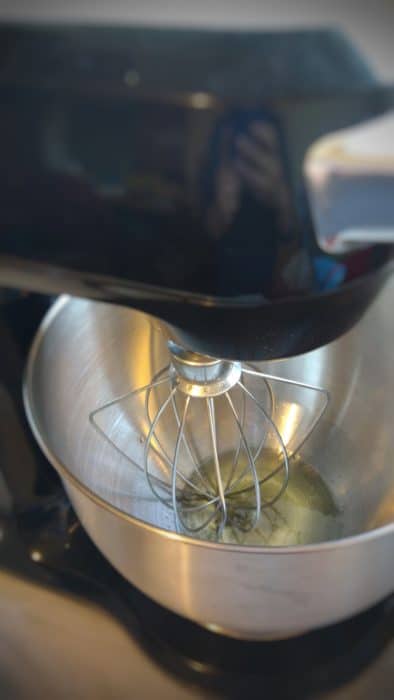
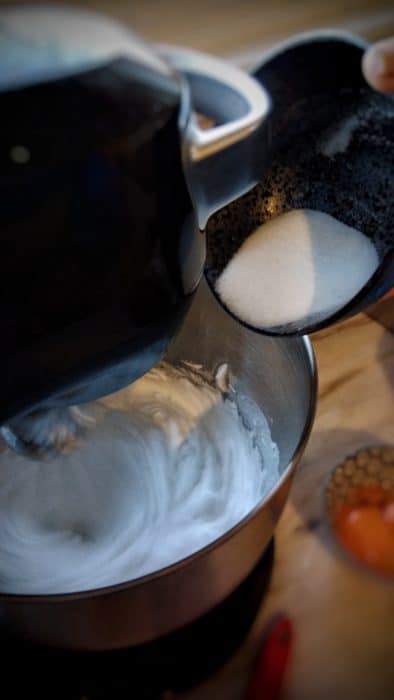
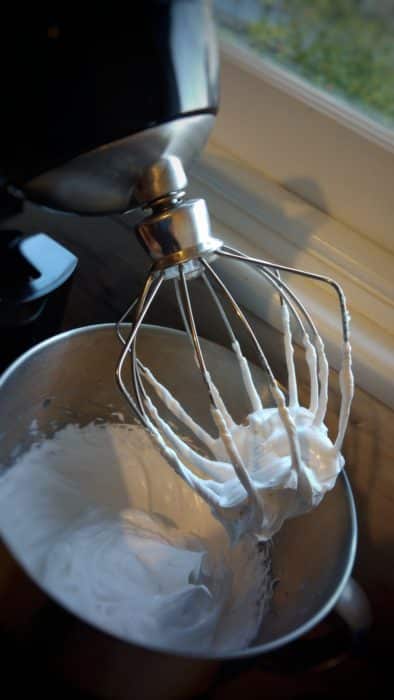
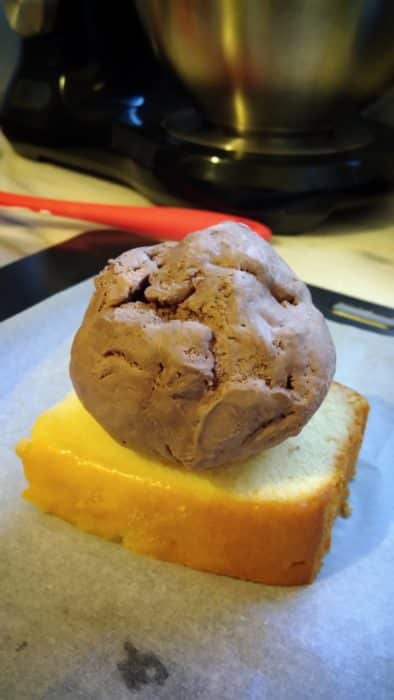
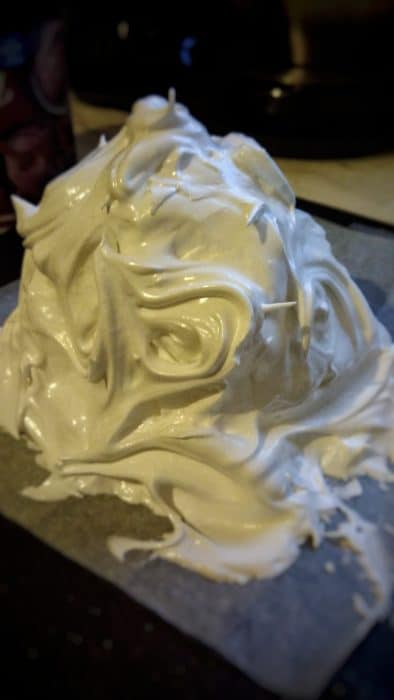
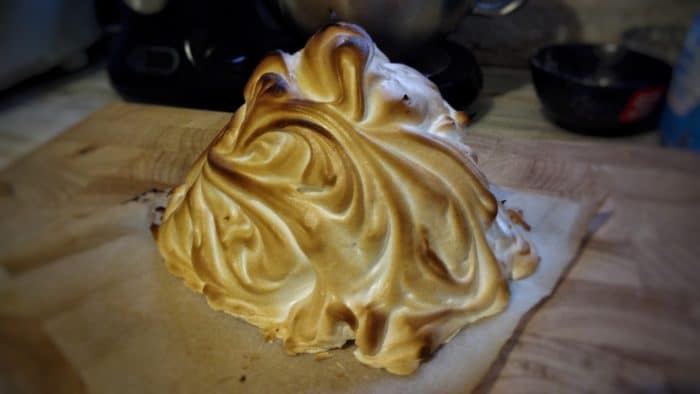
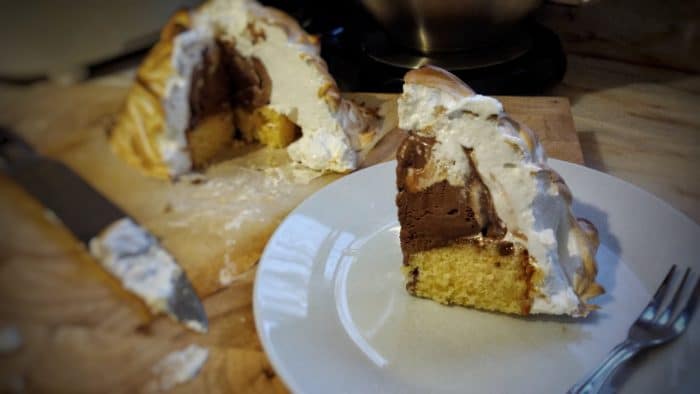

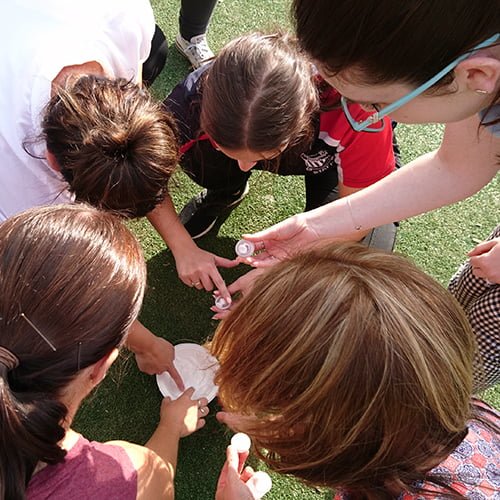
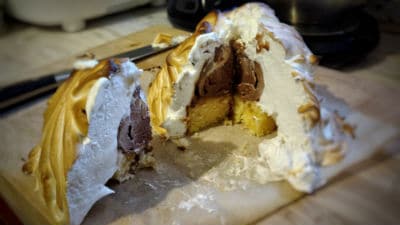
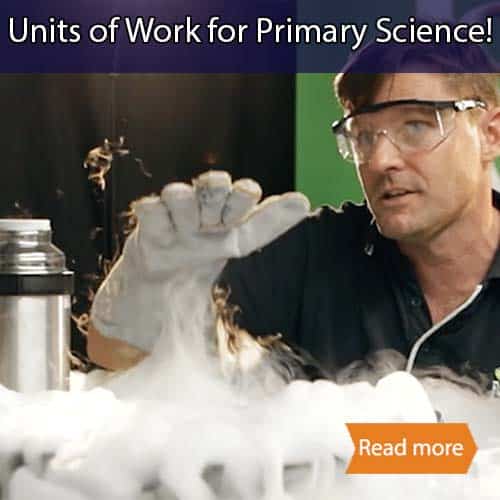
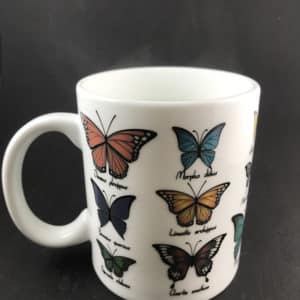
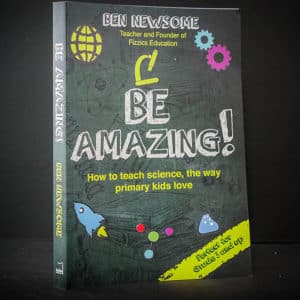























Comments